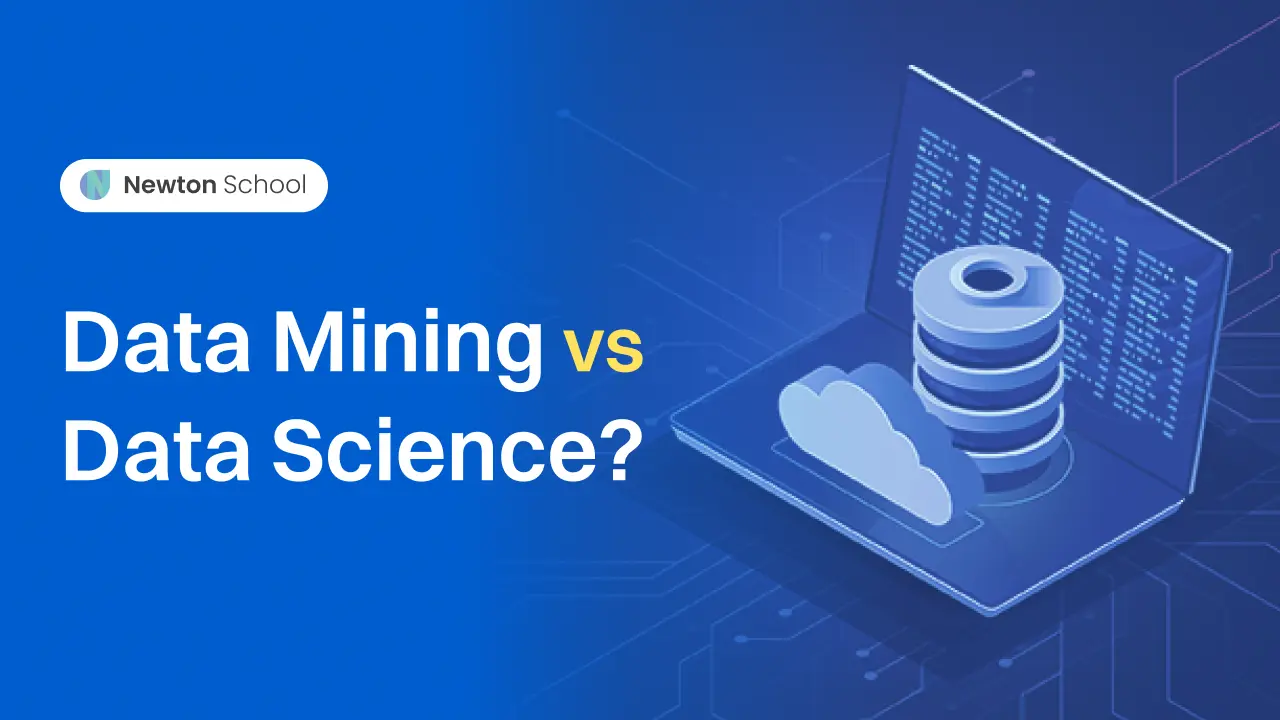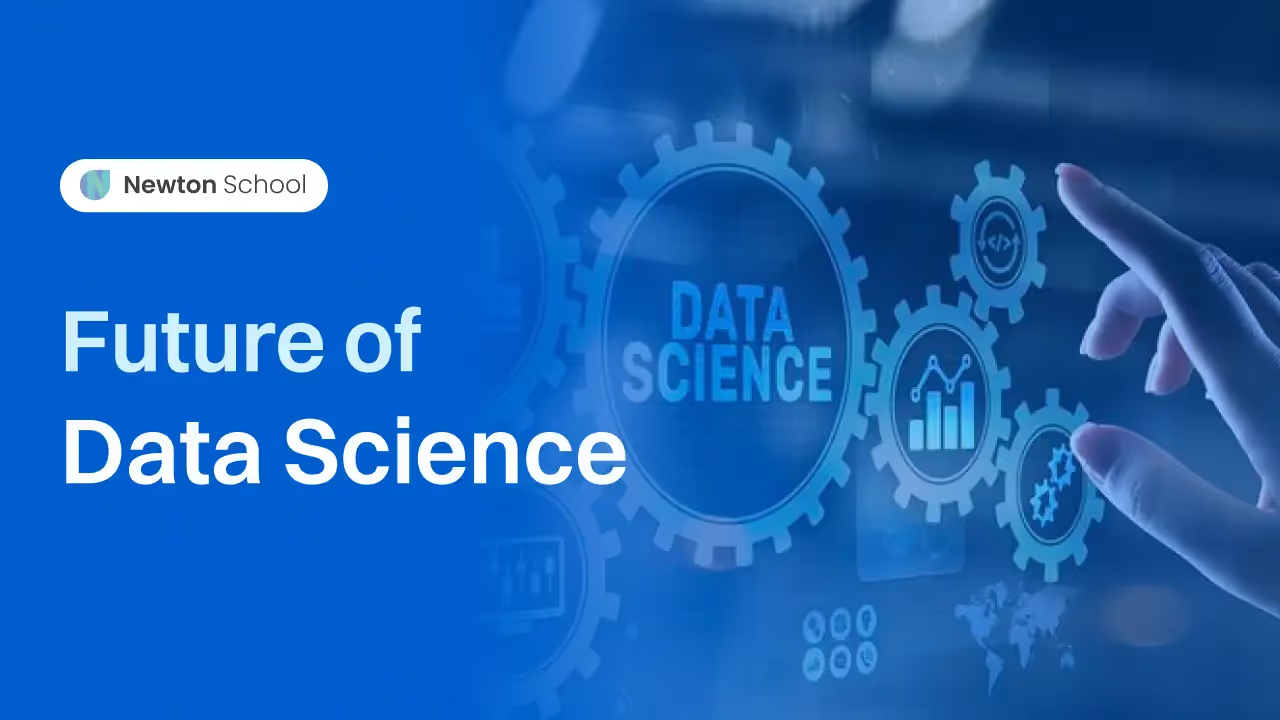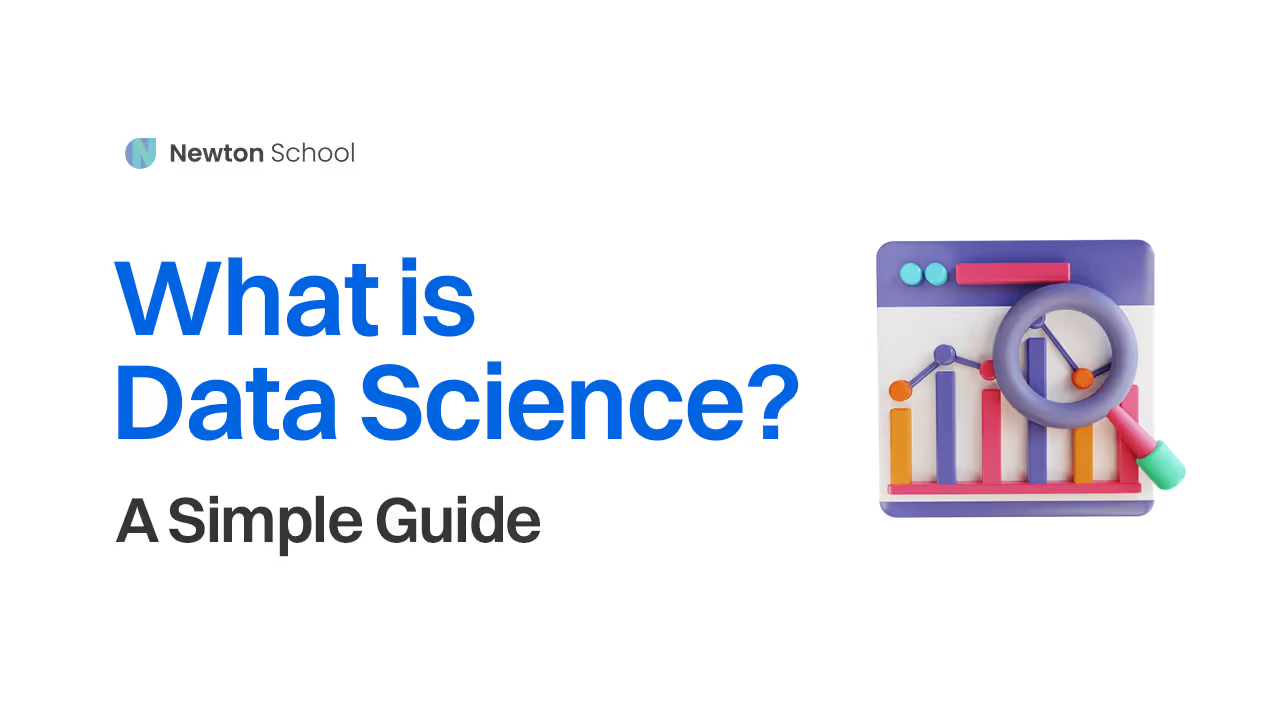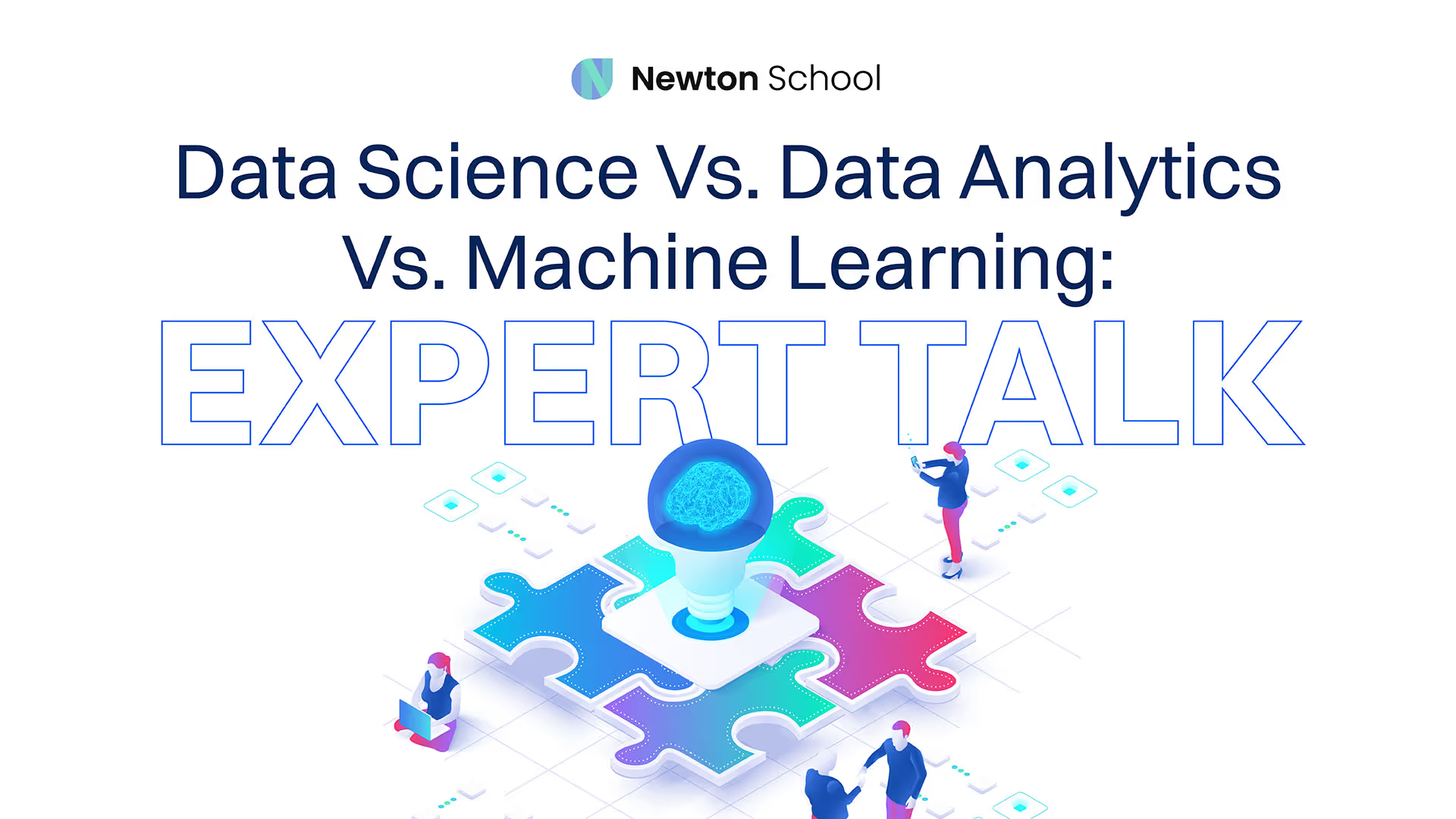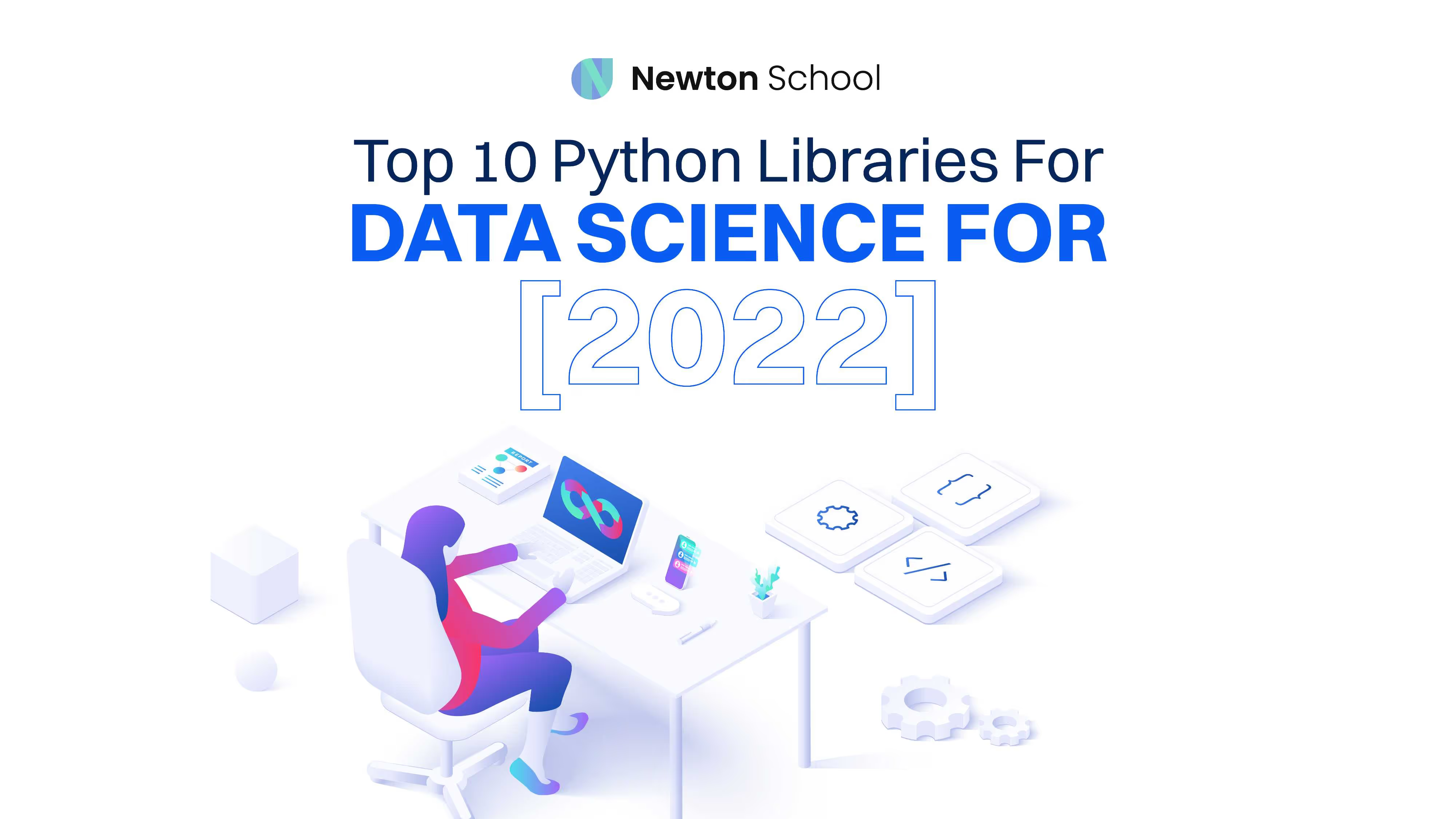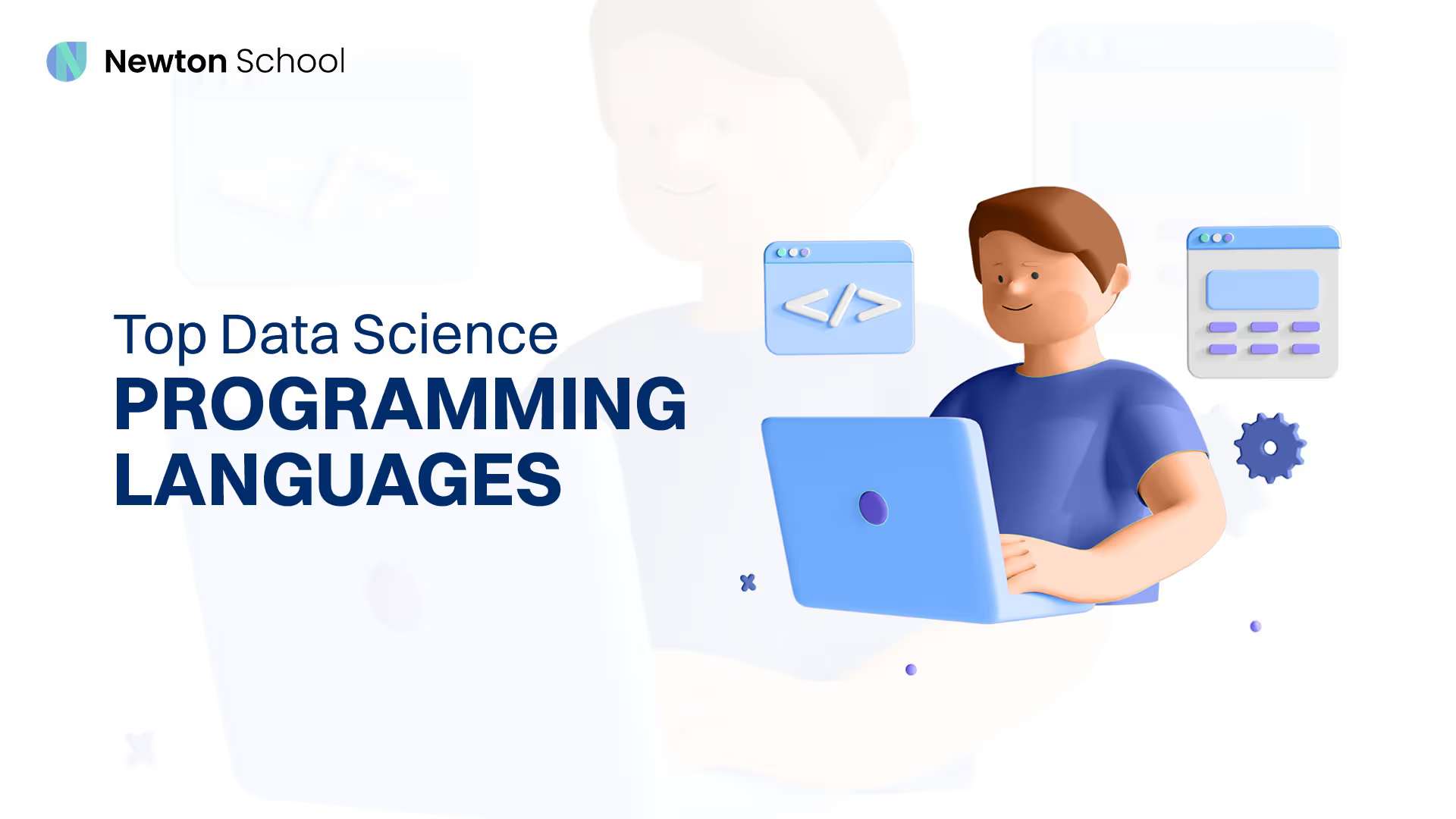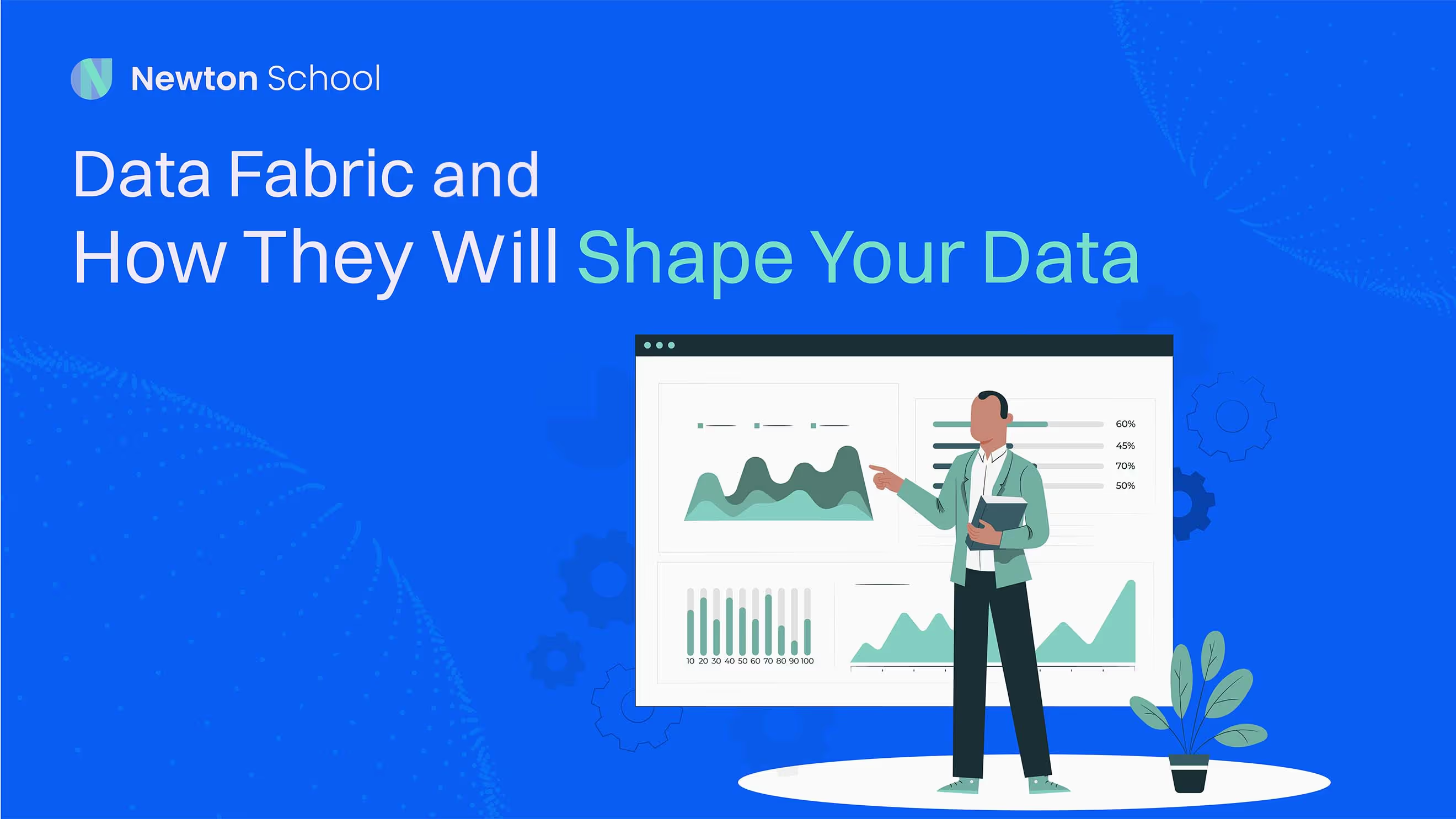
Data is the fuel in every profiteering organization. It allows businesses to make informed decisions, understand their customers, and improve their products and services. But how do businesses make sense of all that data? That's where data engineers and data scientists come in.
These two roles are distinct but complementary, and each brings unique skills. To the uninformed, they might seem interchangeable. So, what's the difference between a data engineer and a data scientist? Let's find out.
To understand the difference between the two roles, we need first to understand the difference between the two fields they come from: data science and engineering.
What is Data Science?
Data science is the process of extracting knowledge and insights from data. It's an interdisciplinary field that combines aspects of statistics, computer science, and mathematics. With its help, organizations can make better decisions by understanding the data they have at their disposal.
What is Data Engineering?
Data engineering is building and maintaining systems that collect, store, and process data. It's a field that combines aspects of computer science, engineering, and mathematics. With its help, organizations can ensure that their data is accurate, reliable, and accessible.
Now that we better understand data science and engineering, we'll look closely at the two job roles associated with the field.
Who is a Data Engineer?
A data engineer is responsible for building and maintaining the systems that collect, store, and process data. They need to understand the business they're working for and the technical aspects of data engineering.
Data Engineer Job Description And Responsibilities
Data engineers must be able to design and implement data processing pipelines and optimize them for performance and efficiency. They also need to be able to work with large-scale data sets, both structured and unstructured. In addition to their technical skills, data engineers must communicate effectively with both technical and non-technical staff.
Data Engineer Career Path
Contrary to popular belief, data engineering isn't always an entry-level role. Many data engineers have a background in software engineering or business intelligence analysis. They may find themselves in management roles or as a data architect, solutions architect, or machine learning engineer as they progress in their careers.
Data Engineering Key Concepts
Data engineering is a complex field, and there are a variety of concepts that data engineers need to be familiar with. Here are some of the most important ones:
- Data warehousing: A data warehouse is a central repository for all the data an organization collects. Data warehouses are designed to be scalable to accommodate a large amount of data.
- Data lakes: A data lake is a repository for all the data an organization collects, regardless of its structure. Data lakes are designed to be scalable, accommodating a large amount of data.
- Data mining: Data mining is extracting valuable information from data. Data miners use a variety of techniques to find hidden patterns and relationships.
Who is a Data Scientist?
A data scientist is responsible for extracting knowledge and insights from data. They must have a strong understanding of statistics, computer science, and mathematics.
Data Scientist Job Description And Responsibilities
The data scientist job description entails them being able to clean and process data and build and deploy machine learning models. They also need to be able to communicate their findings clearly and concisely. In addition to their technical skills, the data scientist job description requires them to be able to think creatively and solve problems.
Data Scientist Career Path
The data scientist career path is linear. After becoming a data scientist and gaining experience, they can try different aspects of the field, like marketing or sales. And if they want, they could become a consultant at one of the top data firms. Thus, there are various options regarding a data scientist's career path and direction.
Key Data Science Concepts
As a complex field, there are a variety of concepts that data scientists need to be familiar with. Here are some of the most important ones:
- Statistics: Statistics is the study of data. Data scientists use statistics to find patterns and relationships in data.
- Computer Science: Computer science is the study of computers and algorithms. Data scientists use computer science to develop new ways to process and analyze data.
- Mathematics: Mathematics is the study of numbers, shapes, and space. Data scientists use mathematics to find hidden patterns and relationships in data.
The data analyst job role in the data science field is another sought-after position like that of a data scientist. Let's look at the difference between data science and data analytics to see which is the better fit for students exploring career opportunities in data science.
Difference Between Data Science And Data Analytics
Data science and data analytics are two closely related fields. Both involve working with data to find insights and make predictions. However, there are some key differences between the two fields.
Data science focuses on finding hidden patterns and relationships in data. Data analytics focuses on making predictions based on data. Data science is a more complex field than data analytics.
Now that we have understood the difference between data science and data analytics let's explore the differences between the two job roles of data scientist and data analyst.
Difference Between Data Analyst And Data Scientist
The significant difference between data analyst and data scientist job roles is the focus of their work. Data analysts are focused on making predictions based on data. Data scientists are focused on finding hidden patterns and relationships in data.
Data analysts need to be well-versed in statistics and computer science. Data scientists need to have a strong understanding of mathematics, statistics, and computer science.
Data analyst job descriptions often mention the need for excellent communication skills. Data scientists' job descriptions don't mention this much since their work focuses more on the technical side.
While there is a thin line between the two roles, key differences between data analyst and data scientist job roles distinguish them from each other.
Data Engineer vs Data Scientist - Differences
The main difference between a data engineer and a data scientist is their focus.
Data engineers focus on building and maintaining the infrastructure that data scientists need to do their job. On the other hand, data scientists focus on extracting valuable insights from data.
Data engineers must be familiar with various concepts, including data warehousing, data lakes, and data mining. Data scientists must be familiar with statistics, computer science, and mathematics.
Both data engineers and data scientists need to be able to think creatively and solve problems. However, data scientists are more likely to work in management as they progress in their careers.
Conclusion
We hope this article clears the difference between data science and engineering fields. We also hope that the different job roles associated with the two fields are clearly understood, that of a data engineer and a data scientist. Both job descriptions and career paths are different but equally rewarding. Knowing which to pursue before starting a journey in the data science field is essential.




